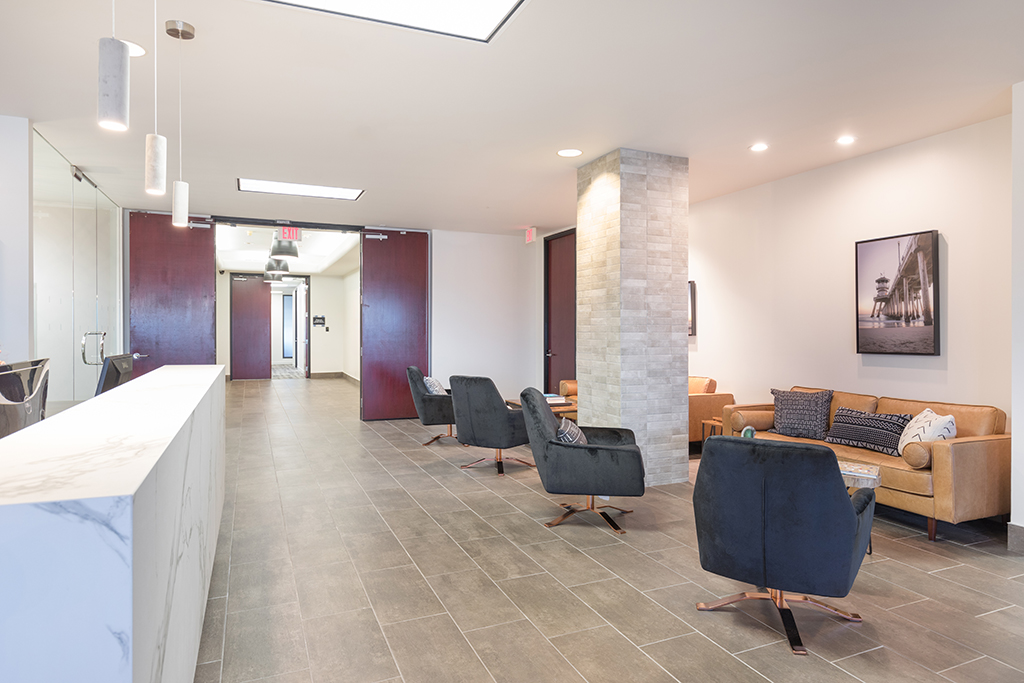- Book a Space
- Locations
- California
- Aliso Viejo
- Anaheim Hills
- Beverly Hills
- Burbank
- Calabasas
- Carlsbad
- Century City
- Cerritos
- Concord
- Culver City
- El Segundo
- Foothill Ranch
- Huntington Beach
- Irvine
- Irvine Spectrum
- Long Beach
- Los Angeles - Brentwood
- Los Angeles - Downtown
- Los Angeles - West Los Angeles
- Los Angeles - Westwood
- Manhattan Beach
- Mission Viejo
- Newport Beach
- Oakland
- Orange
- Panorama City
- Pasadena
- Rancho Cucamonga
- Rancho Santa Margarita
- San Diego - Del Mar
- San Diego - Downtown
- San Diego - La Jolla
- San Diego - Mission Valley
- San Diego - Rancho Bernardo
- San Francisco
- San Jose
- Santa Monica
- Sherman Oaks
- Temecula
- Torrance
- Westlake Village
- Woodland Hills
- Arizona
- Hawaii
- Illinois
- Nevada
- New Jersey
- New York
- North Carolina
- Ohio
- Texas
- Washington
- Washington DC
- California
- Workspaces
- About
- Contact Us
- Client Login

Why High-Performance Employees Need Some "Quiet Time"
“If there’s one thing I hate, it’s all the noise, noise, noise, noise!” That quote can be attributed to the Grinch in Dr. Seuss’s iconic story, How the Grinch Stole Christmas, but it’s likely all of us have said it at one time or another. Whether its Whos in Whoville, the kids before bedtime, or your office mates making noise, you may sometimes wish you had a private office space where you could shut out the din.
We have been programmed lately to believe that silence is bad — something you must escape. While people frequently use headphones to block out the noise, what they are really doing is choosing one type of noise over another.
Whether it’s music, a podcast, or a phone call with your mom, most of us are plugged in for much of the day. Thus, are we not conditioning ourselves to be uncomfortable with quiet? To need noise?
As it turns out, quiet can be quite helpful.
Shhh! I’m Working!
In a recent anonymous online survey conducted by software designer and innovation strategist William Belk for Hacker Noon, 58 percent of high-performance employees say they need a quiet workspace. Further, 62 percent of this group found the typical office environment too distracting. With studies showing it takes an average of 23 minutes to get back on task after dealing with an interruption, it’s easy to see that with all of today’s available distractions, productivity can take a nosedive.
While there are a time and place for collaboration and exchanges of ideas, for many people, there also have to be periods of reflection for plans to come to fruition.
According to the Harvard Business Review, “recent studies are showing that taking time for silence restores the nervous system, helps sustain energy, and conditions our minds to be more adaptive and responsive to the complex environments in which so many of us now live, work, and lead.”
 The article goes on to say that the modern “open-office” plan, created to foster teamwork and improve morale, also thwarts productivity and concentration.
The article goes on to say that the modern “open-office” plan, created to foster teamwork and improve morale, also thwarts productivity and concentration.
A separate HBR article quotes a Cornell study that concludes: “If an office is going to be open, it should contain small, closed spaces available for periods of intense focus.”
The study, undertaken by environmental psychologist Lorraine Maxwell, found that kids who lived near airports didn’t learn to read as well as kids who lived in quiet areas. The reason, Maxwell said, is because the kids learn to tune out the noise, and they don’t differentiate between airplane noise and teaching voices.
Like many parts of life, a little bit of interaction with others (or even noise) is good, but too much is bad — or bad for business anyway.
What’s the answer? Where can you find the ideal quiet place to work productively?
Your Sanctuary: A Private Workspace
Having a private workspace to retreat into can make a big difference in your levels of concentration and productivity. Such a space allows you to work in relative quiet, without interruptions (if you turn your phone off and shut the door). However, it also allows you to emerge when you need help or a break.
In a way, a private workspace within a coworking community is the best of both worlds. It’s true, it may be quiet at your house, but your home has innumerable other distractions.
In a TED-Ed blog, the author says the three biggest distractions when you work from home are the fridge, the bed, and the TV.
Those who work from home also report feelings of isolation. Thus, many turn to coworking spaces to solve their problem. However, working in a big room with dozens of other people can prove distracting, even if they aren’t talking. You may be tempted to observe their behavior, check out what’s on their computer screen, or you might be treated to the tinny version of their favorite music, leaking out of their ill-fitting earbuds.
With a private workspace, you have none of these assaults on your senses (except for the occasional smell of burned popcorn in the microwave; little can be done about this).
To learn more about the advantages of renting a private workspace, contact Premier Workspaces. We can match you with the perfect private workspace for your needs. Call us today.

